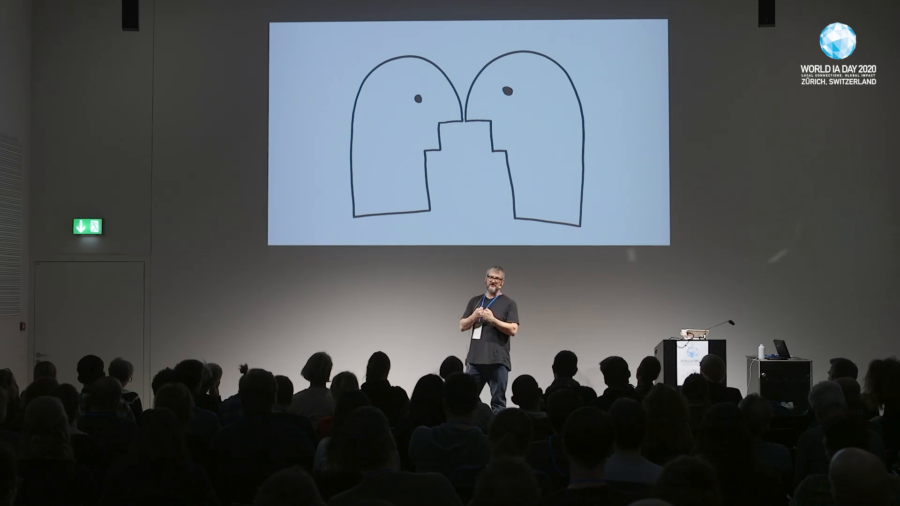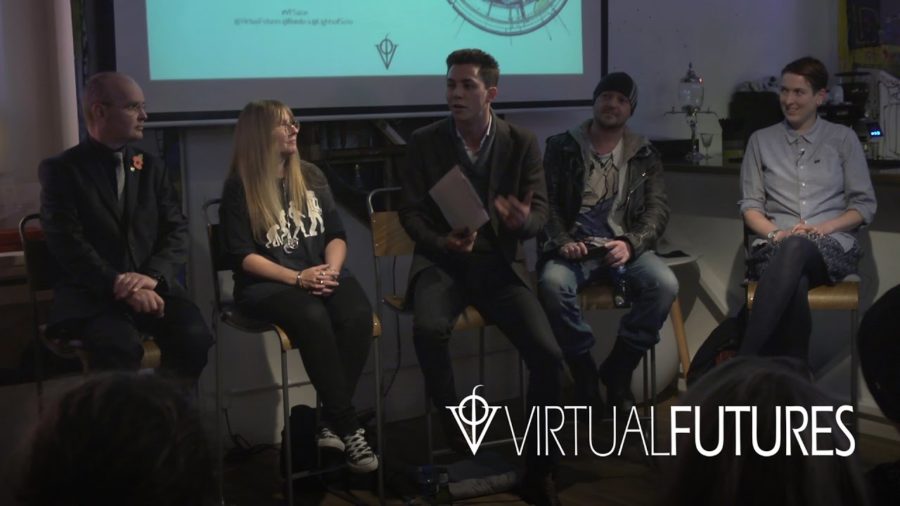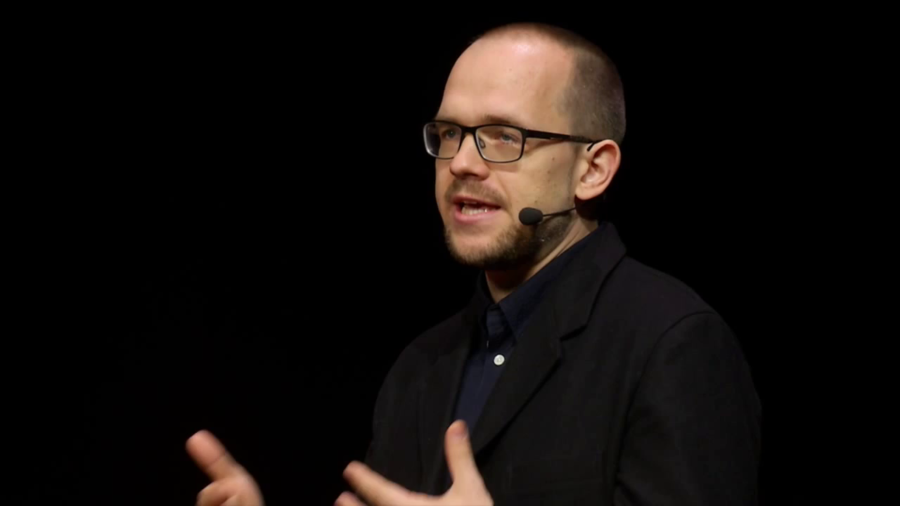We don’t have an unlimited number of innovations to keep pushing the hockey stick shape of growth forward. Each time we innovate and we push the end further ahead in time, it shortens the amount of time in total that we have to address complexity and problems. So this is…this is not good. I’m just gonna say it, this is not good.
Archive (Page 1 of 2)
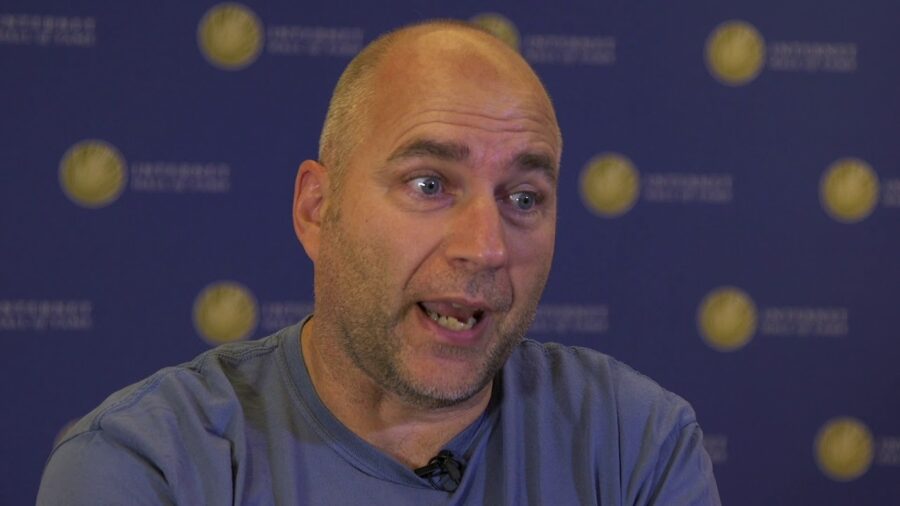
I was getting a bit annoyed with the fact that I was traveling to universities all over the country and always had to go through all kinds of trouble to get online. You may not know this but back in the time you would have to register your MAC address at the IT center of the university or get a card to stick into your laptop. And it was such a hassle and I thought, but why?
By innovation policy what we’re really talking about is federal R&D programs. So despite the American economy’s reputation for being this quintessential free market system, much of the innovation and technological development in the American economy can be linked to direct government intervention.
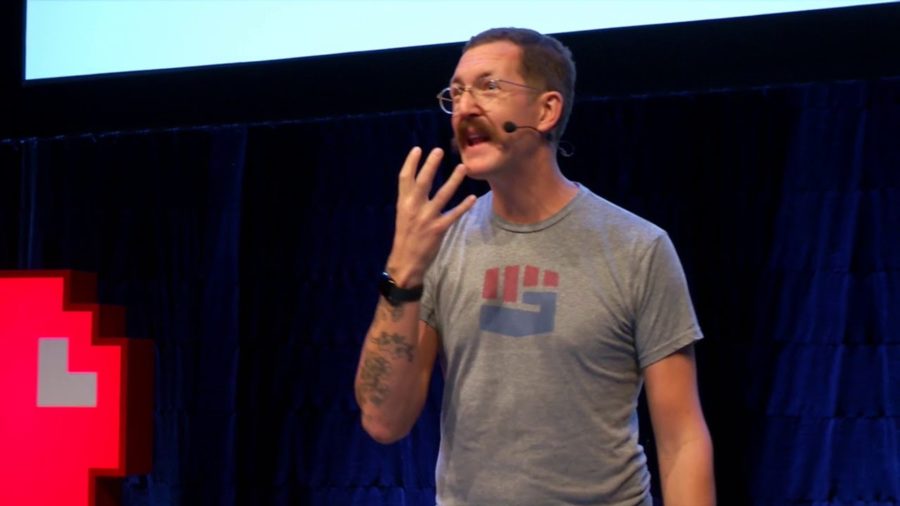
Every single futurist has one of these as the first slide in their deck. It doesn’t really matter what this is. An exponential curve, up and to the right. This represents all of technology. The past thirty years of technological evolution is described in this. This could be anything. This is processor power. This is memory per dollar. This is Internet penetration. This is the number of people playing Angry Birds.
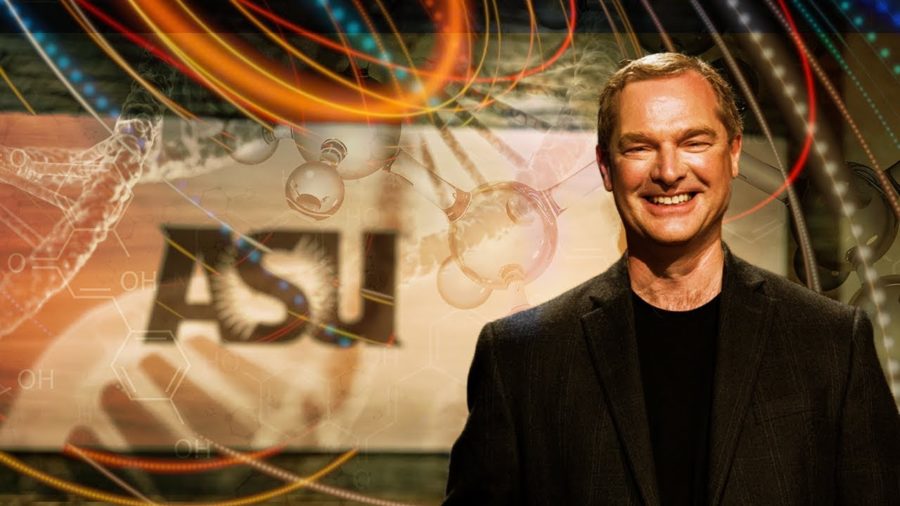
Risk is a funny thing. It affects pretty much everything we do. And yet, most of the time we treat it like a dirty little secret. Something that’s there, but we’d rather not talk about it, a little bit like an embarrassing relative. This probably isn’t such a good idea, though.
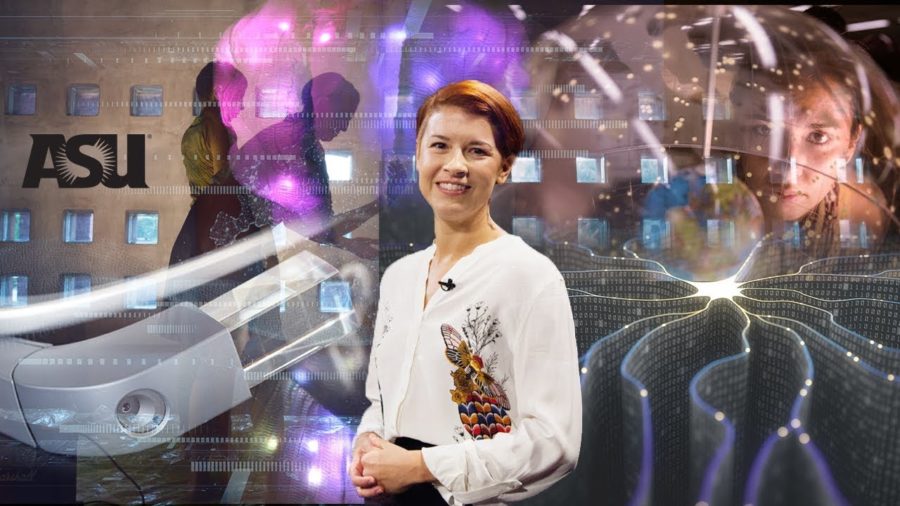
Rather than begrudgingly pushing society forward to be ready, I ask designers to critically reflect on the limitations of their own design practices and to remember that to design for one intersection of society—namely, affluent middle-to-upper-class white American men—does not mean that those designs will work for those who do not identify as such. Even with modifications.
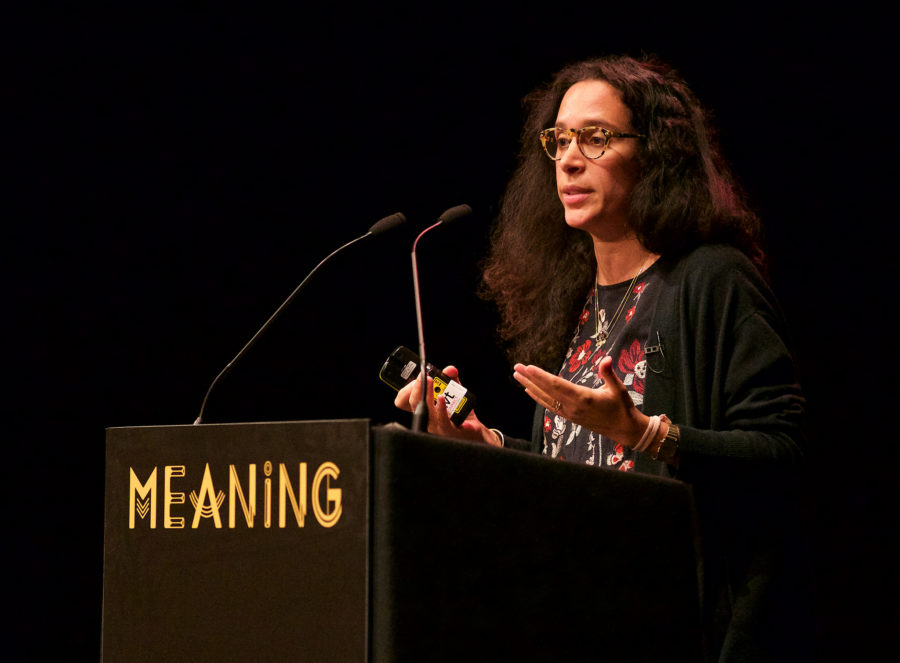
I’ve spent about four years exploring the dark side of innovation, trying to convince people that there’s actually a lot that we can learn from those who work in the unseen corners of the world. You know, so-called misfits. Pirates, hackers, gangsters, con artists, pranksters, ex-prisoners.
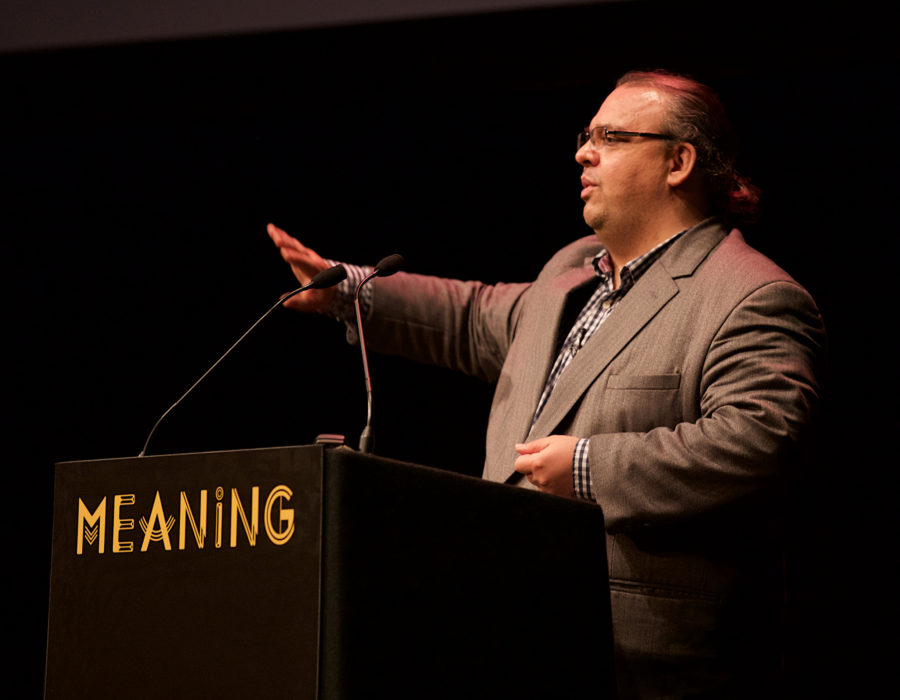
I was looking for the tools that you could use to solve global problems in an environment when the nation-state has turned out to be a very very ineffective set of machinery at all. So I’m going to talk a little bit about the technology. I’m going to talk a little bit about what it does and where it’s going. And then I’m going to try and tell a story about the kind of global long-term picture that we could get if this stuff actually works.

